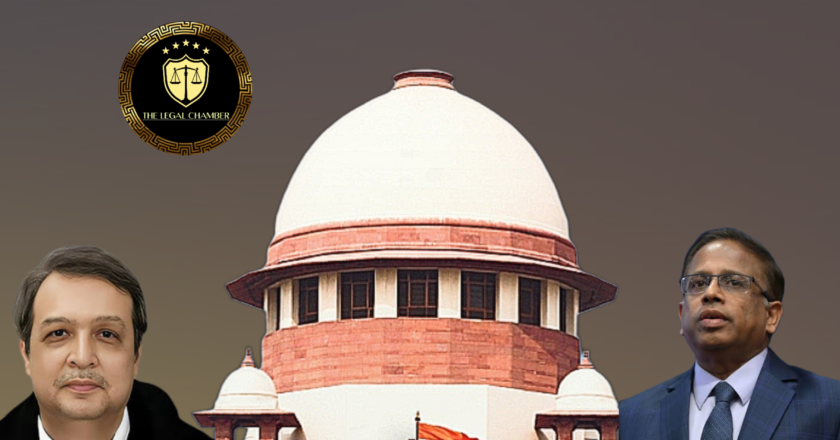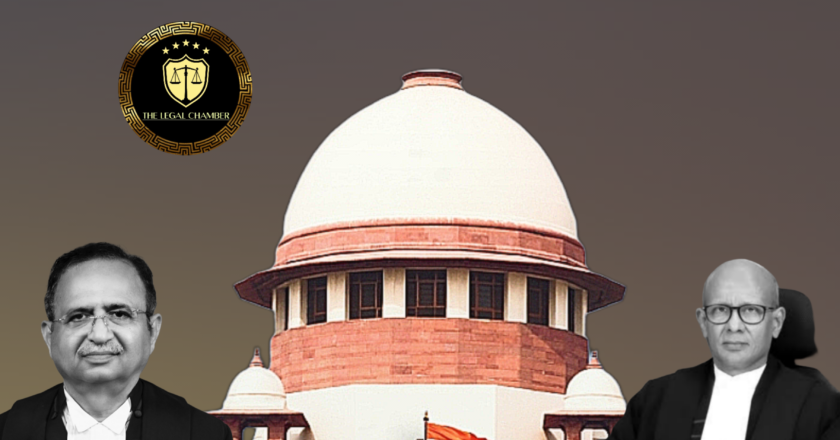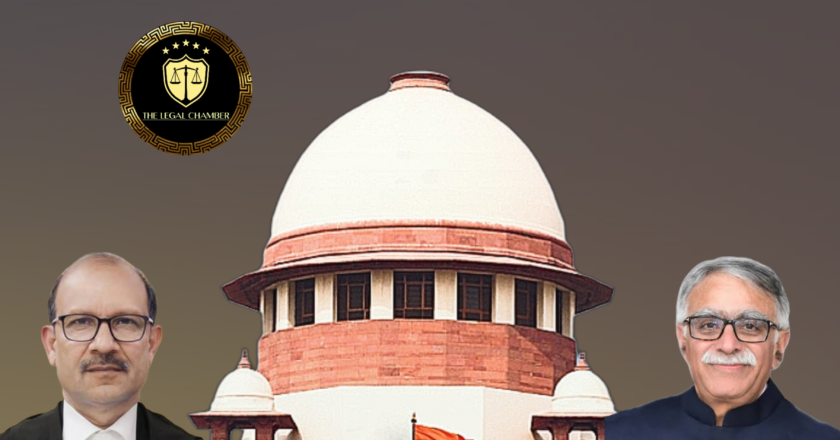Investment vs. Debt: Supreme Court Explains Why Preference Shares Don’t Trigger IBC
The Supreme Court held that Cumulative Redeemable Preference Shares (CRPS) represent an equity investment, not a financial debt under the IBC. Preference shareholders are not creditors, and redemption is contingent upon company profits under the Companies Act. Therefore, they cannot initiate insolvency proceedings under Section 7 of the IBC for non-redemption.
Facts Of The Case:
EPC Constructions India Limited (EPCC) held outstanding receivables from Matix Fertilizers and Chemicals Limited for construction work. In 2015, to help Matix meet lender-mandated debt-equity ratios, the parties agreed to convert ₹400 crores of dues into 8% Cumulative Redeemable Preference Shares (CRPS). Matix subsequently allotted CRPS worth ₹250 crores to EPCC. When the shares matured after three years, M...









